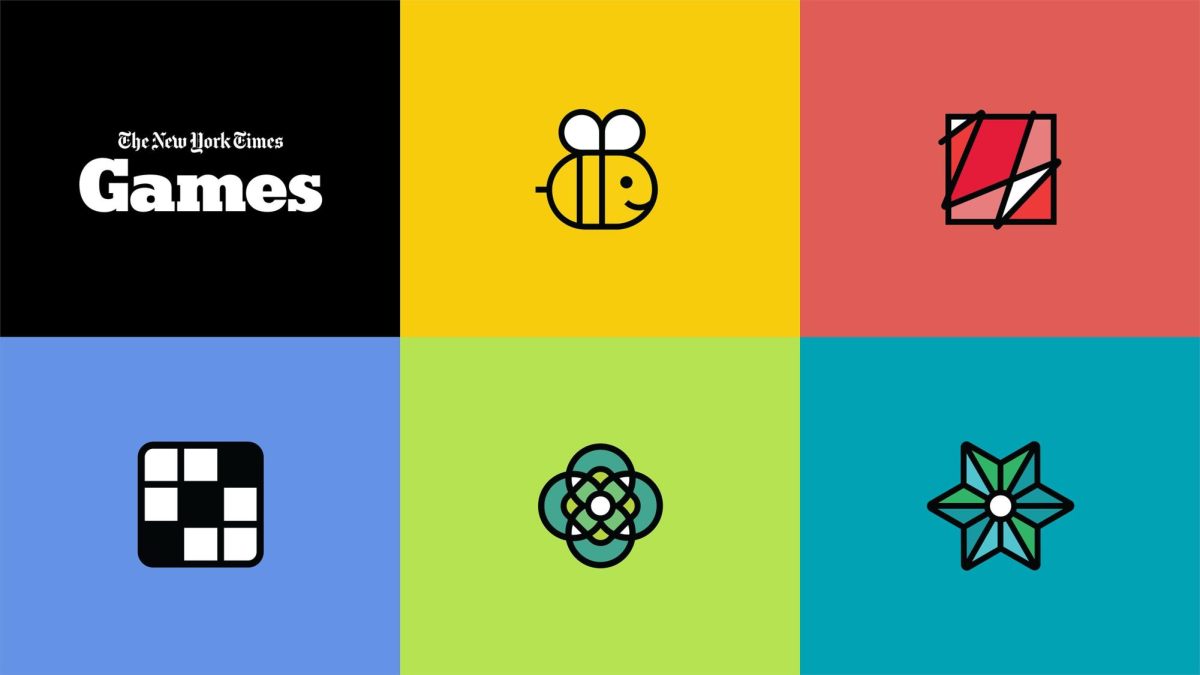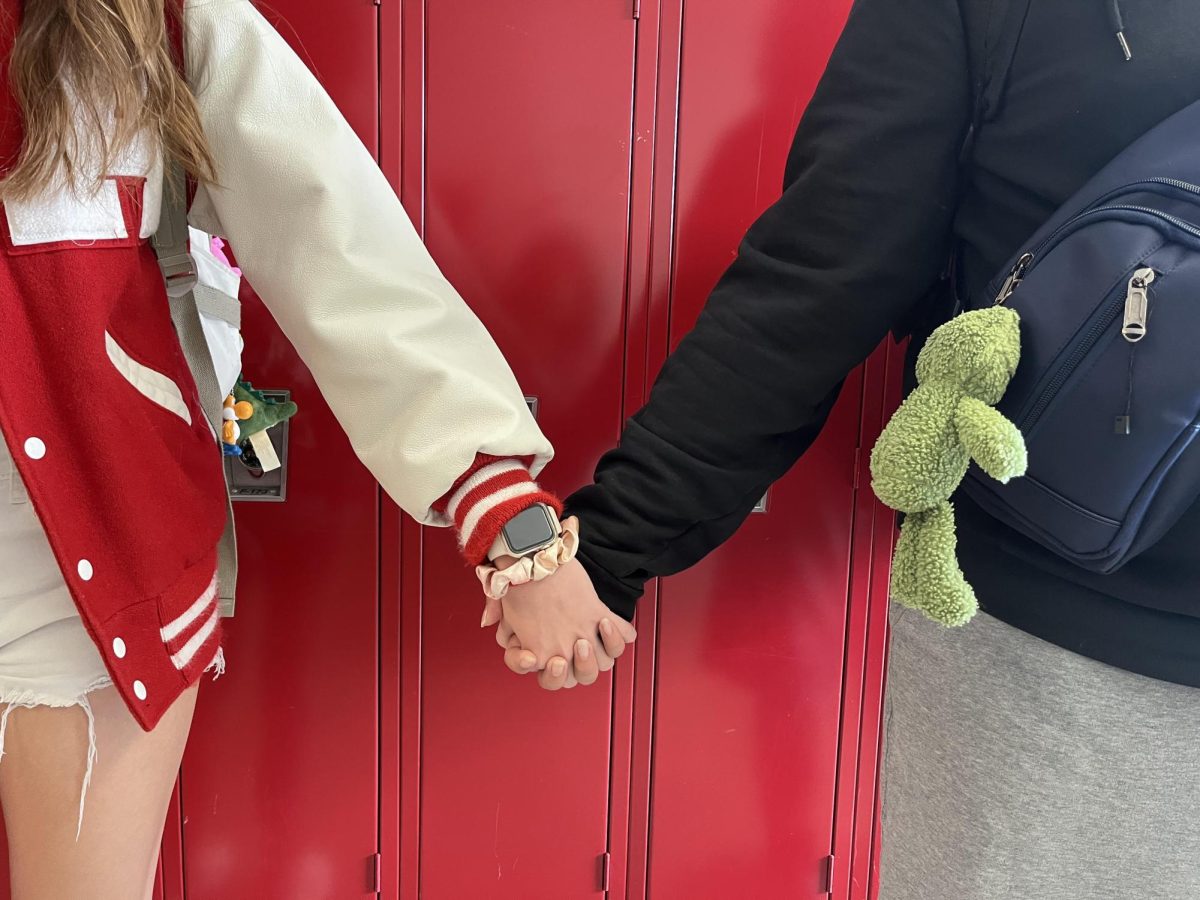Author and Yale Professor Amy Chau’s book, “The Battle Hymn of the Tiger Mother” has stirred up quite a bit of controversy. The book is a tale of the cultural clashes between the “Oriental” Chau and her “Western” daughters.
In exhibiting and analyzing the everyday conflicts Chau faces with her two daughters, the book offers explanations for why Chinese and other Asian races raise stereotypically successful kids at much higher rates than whites, blacks, or any other demographic.
The book’s data and interviewees gave some shocking, almost comical, results. In a survey between 50 Western American mothers and 48 Chinese immigrant mothers, 70% of the Western mothers said that “stressing academic success is not good for children” while 0% of the Chinese mothers thought the same way.
Chua herself spent a great deal of her time making sure that her daughters Sophia and Lulu were devoted completely to their studies and music. As a result, both daughters are straight-A, musically gifted prodigies.
By the age of 14, Sophia had performed at Carnegie Hall, and by the age of 11, Lulu had applied for the world-famous Julliard School of Music. However, this mask of success hides some disturbing side effects of Chua’s totalitarian household.
Sophia’s piano is indented with teeth marks from her gnawing. Sophia tends to gnaw on the piano during practice because of the immense pressure.
On the other hand, Lulu is extremely apathetic and barely talks. So, the big question is, what accounts for the achievement gap between Asians and the rest of the world?
According to Chua, the reasoning is that the relationship between Chinese and their children is very blunt.
For example, while a Westerner would tell their children to “try to lose some weight,” or “try your best in school,” the Chinese would say “lose some weight, fatty,” or “get straight As.”
The book also states that Chinese mothers act in best interest for their children. Therefore, their approach to parenting is to make sure that their children are geared for success, overriding their children’s preferences and desires in the process.
Western parents try to respect their children’s individuality by giving them support and providing a nurturing environment. In contrast, the Chinese parents believe that the best way to protect their children is to prepare them for the future by arming them with education, skills and confidence.
When I first read this, I was appalled. However, as disgusted as I was with Chua’s parenting of her children, I could not help but feel my own parents’ parenting in there.
As a Korean-American myself, my parents placed a huge emphasis on education, especially on math and science. My parents knew the importance of education for success and made sure that I had the best education I could get.
My parents do make me go to academies outside of school, study for hours under their watch and take classes two to three years ahead of my peers. Anything short of an “A” would be met with retribution or punishment.
However, just because my parents had high expectations for me, did not mean they were authoritarian tyrants who tried to commit every aspect of my life to education. They just wanted me to find success.
Chua’s parenting of her children has proven to give results. However, the big question is whether the success and skills of her children are worth the near traumatic childhood they experienced.





